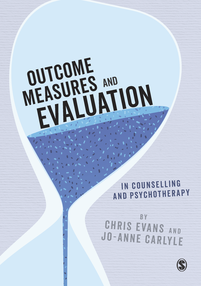This post is available in: English, there may also be a subsite in your language, see "Subsites" in the top menu.
I sent out an Email today to the 102 people signed up to the CST/CORE Email update list. This particular Email was triggered by the GDPR legislation and confirmed that I am 100% confident that everyone on the list gave their information to get on the list voluntarily so I/we (i.e. CST) have consent for us to hold this. That means that the only other thing we needed to do to be fully GDPR compliant was to make available the details about our data processing and privacy policy. For the lists that data is actually stored by mailchimp and their privacy policy and details of their data handling are at https://mailchimp.com/legal/privacy/. For any other personal data I/we hold for CST it is handled in line with our policy now up at https://www.coresystemtrust.org.uk/privacy-policy/.
OK. That’s all the legalistic stuff (and I, and we, do take data protection very seriously even though it ends up reading as very dull stuff), what about CORE? Well, CORE is thriving really though you wouldn’t know it from that Email list as that was the first time I’d actually sent a message there. Partly that’s because CORE is now keeping me busy 4-7 days a week with things that always seem to be more important than sending out an update.
The web site has been a problem as the man who owned the plugin we were using to serve up downloads seems to have disappeared and his plugin is broken. I have replaced the plugin and now have to rewrite every single one of the 93 download links which is very frustrating and only going slowly.
Various CORE measures, and all or part of the CORE-A, are still very widely used in the UK despite not being forced on services by the NHS: that has left us true to our philosophy that good routine change measurement is “bottom up”: driven by practitioners rather than “top down” driven managerially or politically. In other countries, particularly Italy and Spain, it’s also increasingly used within a number of “bottom up” developments that are very exciting and papers and reports that have used instruments and measures continue to emerge far faster than we can keep track of them. Most of my research time is taken up, as it has been for most of the last decade at least, with translations and psychometric explorations.
Now I really must get into a monthly rhythm of updates on the list and blog posts: there’s a positive spin off from making sure we’re GDPR compliant! If you’ve been caught up as a researcher in GDPR anxieties, I recommend Emily Blackshaw’s blog post: GDPR-related anxiety disorder (academic-type). She and I have had fun making ourselves 100% sure our YP-CORE work is fully GDPR compliant but it is!


